News & Media
Articles & Publications

Affective Learning in the Online Classroom
Affective engagement separates a truly memorable online learning experience from one that is merely transactional. Introducing affective awareness and instruction in the online classroom, though, proves challenging, as affect itself is poorly understood—an uneasy mix of psychology, biology, and social life, all categories that seem on the surface to have little to do with online learning. Yet bridging an incredible diversity of minds, bodies, and cultures is precisely what the most effective online learning experiences do.
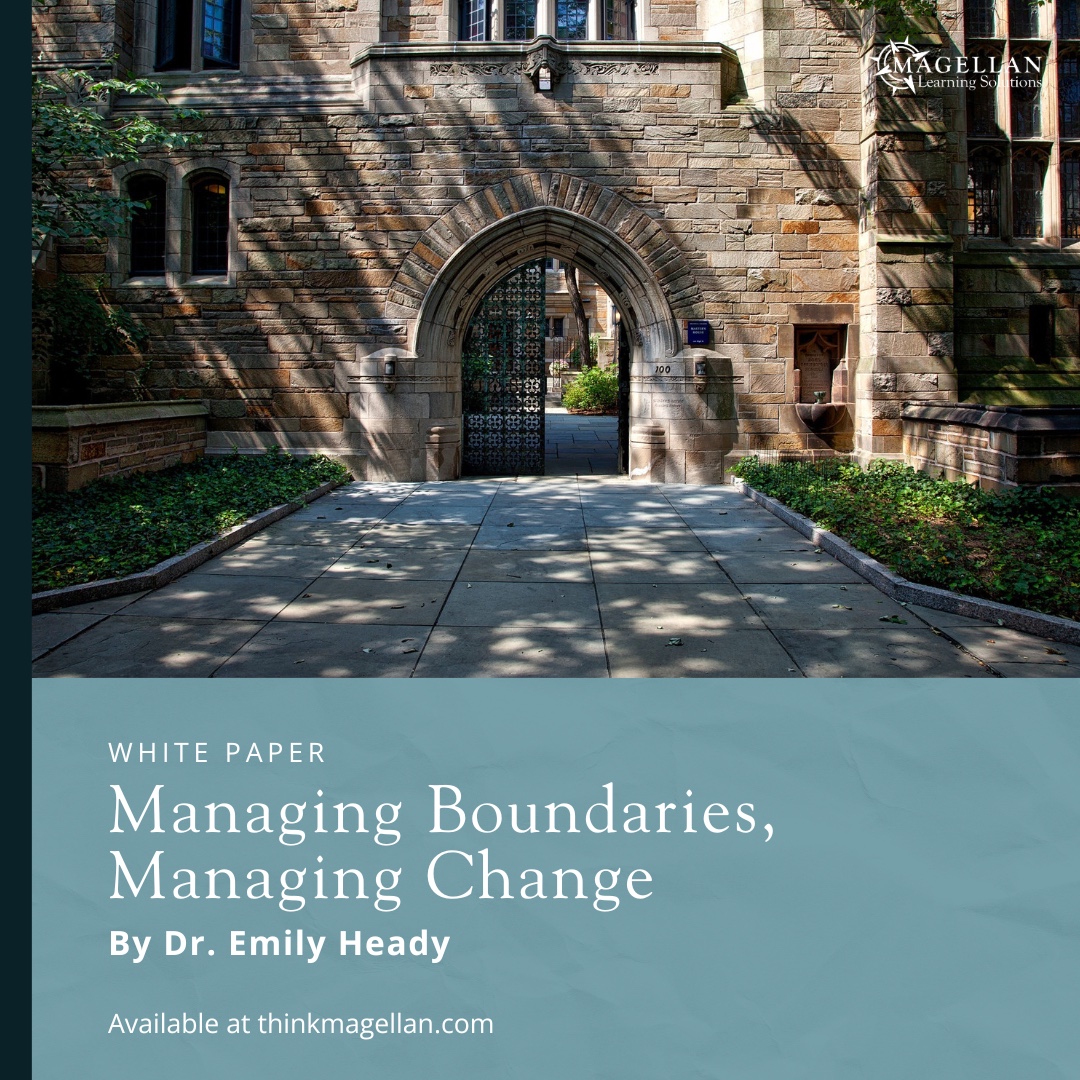
Managing Boundaries, Managing Change
Change is never easy. It redraws the boundaries that help us to understand our professional selves, that set the habits and processes that make our everyday jobs comfortable, and that help us to feel motivated that what we are doing is for a noble purpose. At the same time, boundaries that never move can quickly become prison walls, keeping those they ostensibly protect from growing to full effectiveness.
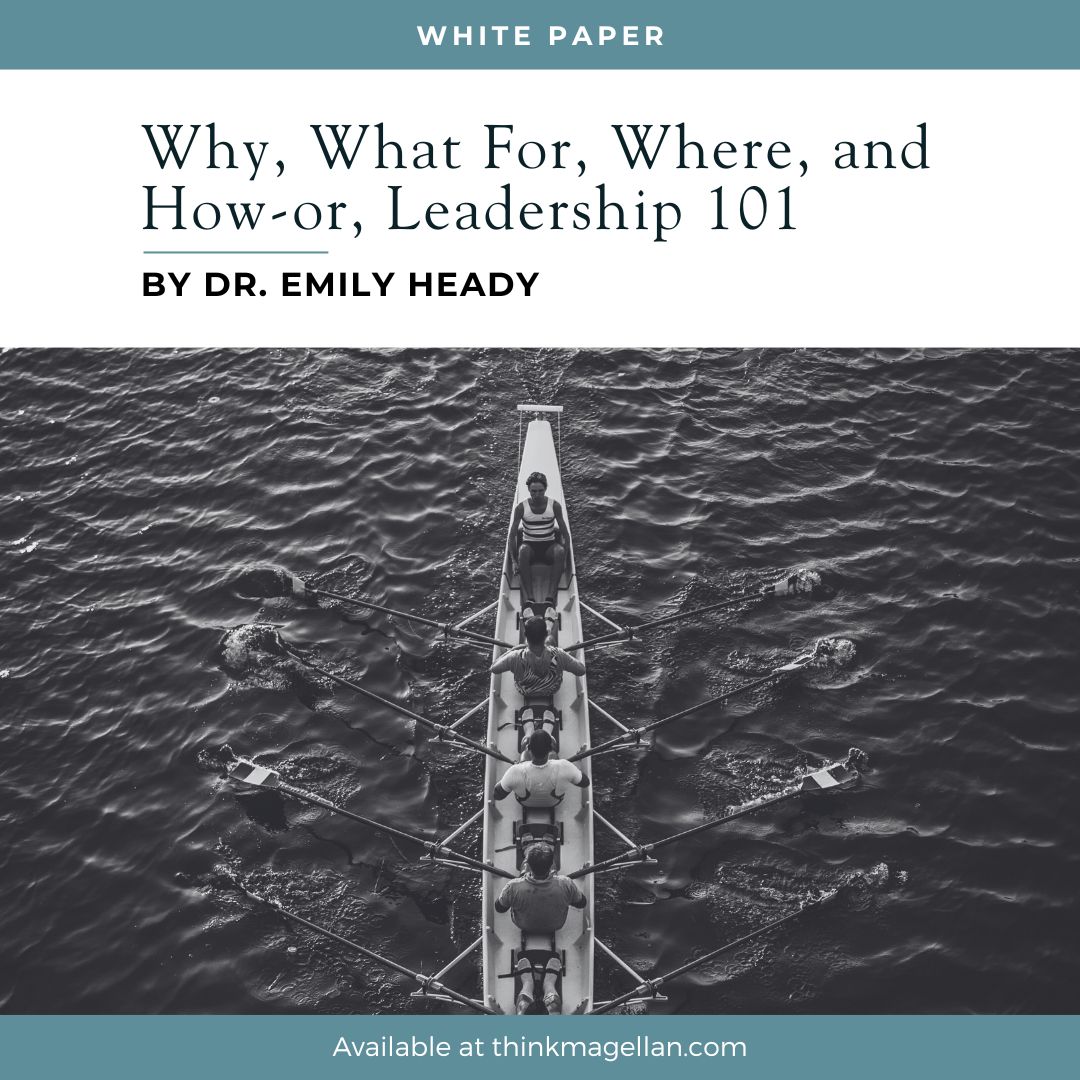
Why, What For, Where, and How-or, Leadership 101
Why do we do what we do? What motivates us? For most of us, life consists of a series of algorithmic and heuristic tasks. As we identify and name the reasons for why we behave as we do, we empower ourselves to make strategic changes based on whether our actions and desires align with our chosen core values and beliefs.

Talking about Leadership: How the Words We Use Shape Our Workplace
As Peter Senge succinctly puts it, “Systems cause their own behaviors,” so it makes sense to look within higher education itself for an answer to the question of why leaders so often find themselves unable to accomplish their goals—and at least one answer lies in our use of language.
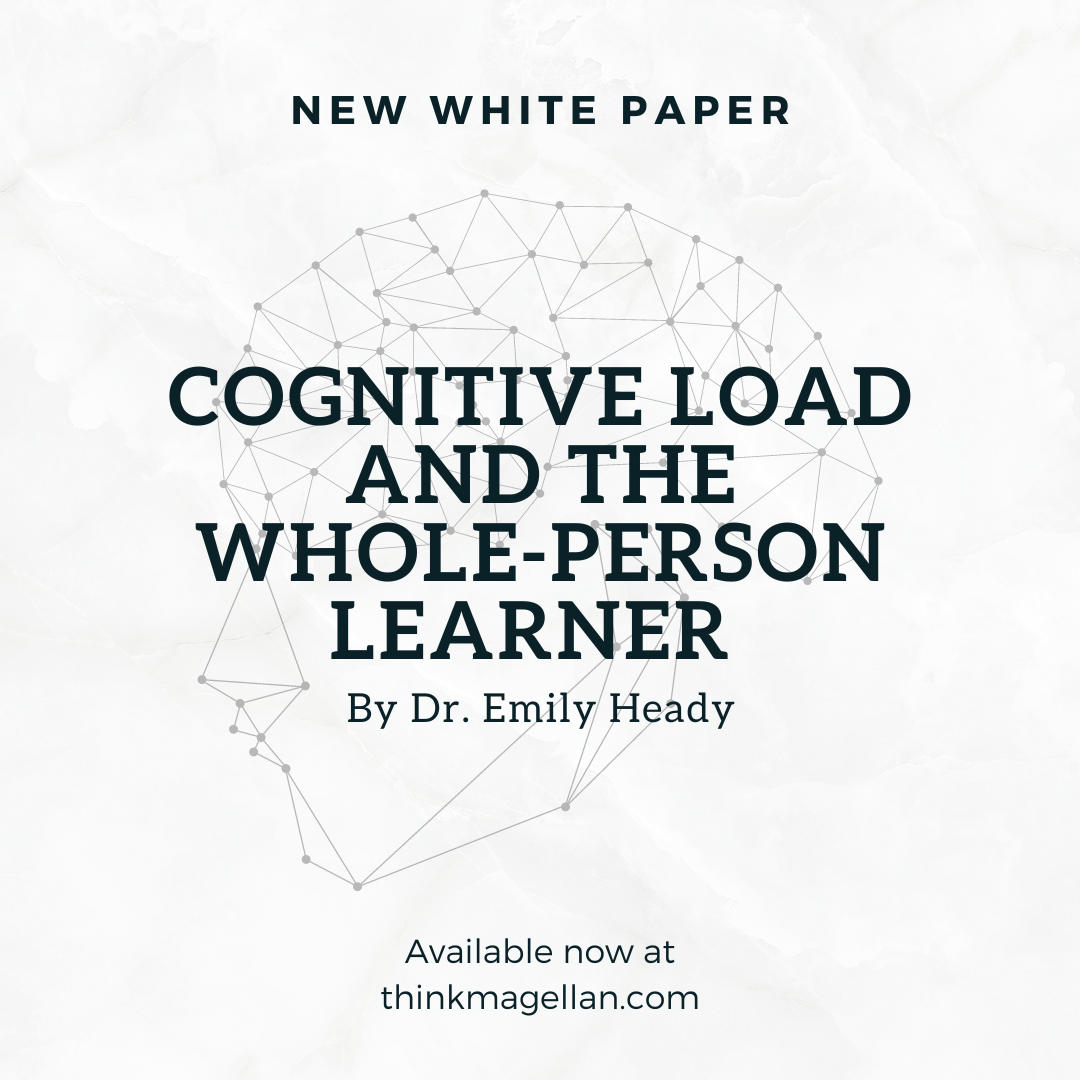
Cognitive Load and the Whole-Person Learner
“Cognitive Load Theory has given us clear ideas about ways that we might adjust our pedagogy around the limits of human memory. But its application beyond formal classroom spaces has thus far been quite limited. This paper invites readers to consider ways that Cognitive Load Theory might inform the whole of the student experience.”
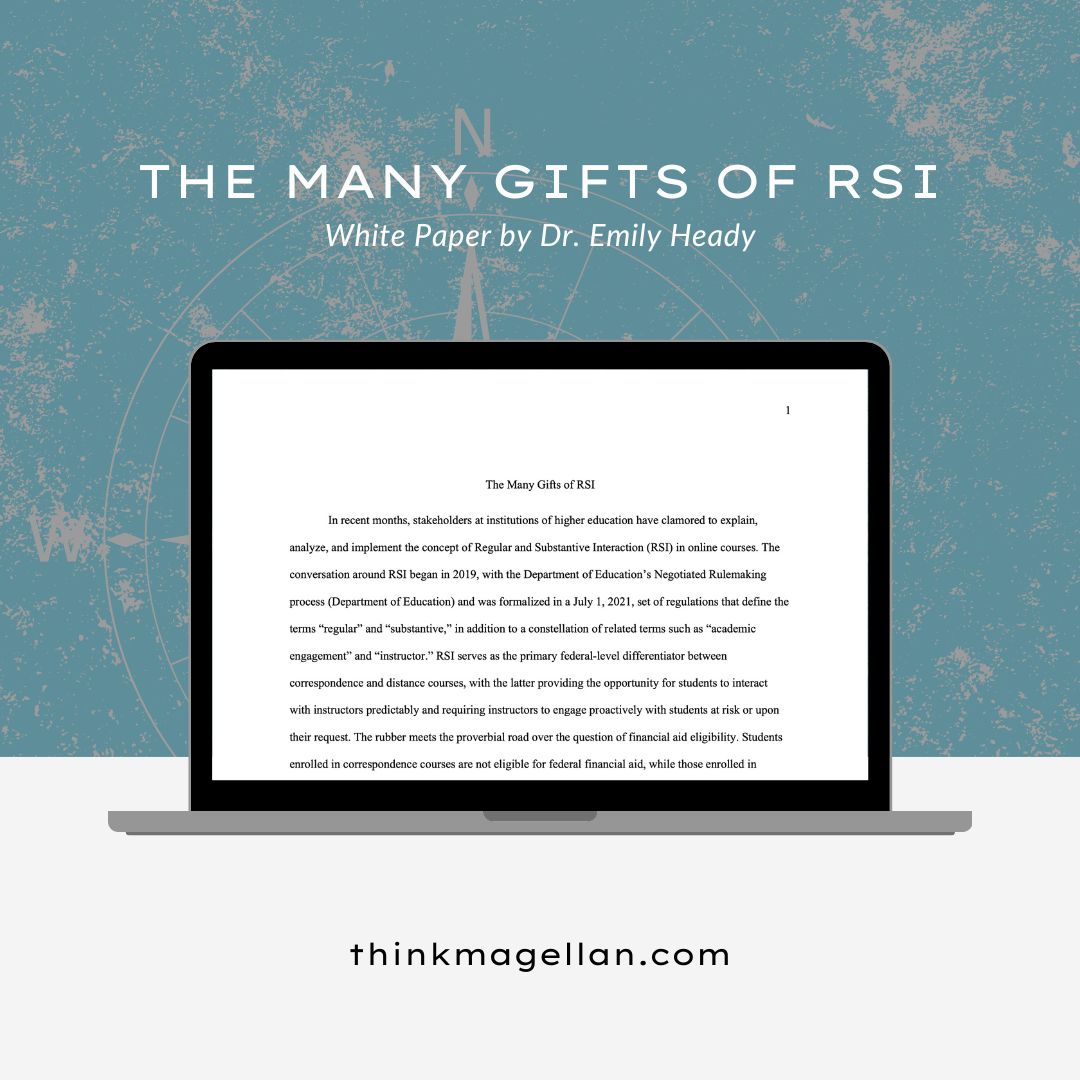
The Many Gifts of RSI
“As a partner in a firm working with many campuses on evaluating, improving, or creating their online curriculum, I get a front-row seat to many of the conversations—conversations that are, at this point at least, largely focused on compliance, the question of what a campus needs to do to stay out of trouble. Other stops along my professional journey, however, have given me a somewhat broader perspective on the good that RSI can do for students, for the institutions that serve them, and ultimately for the larger public sphere.”
